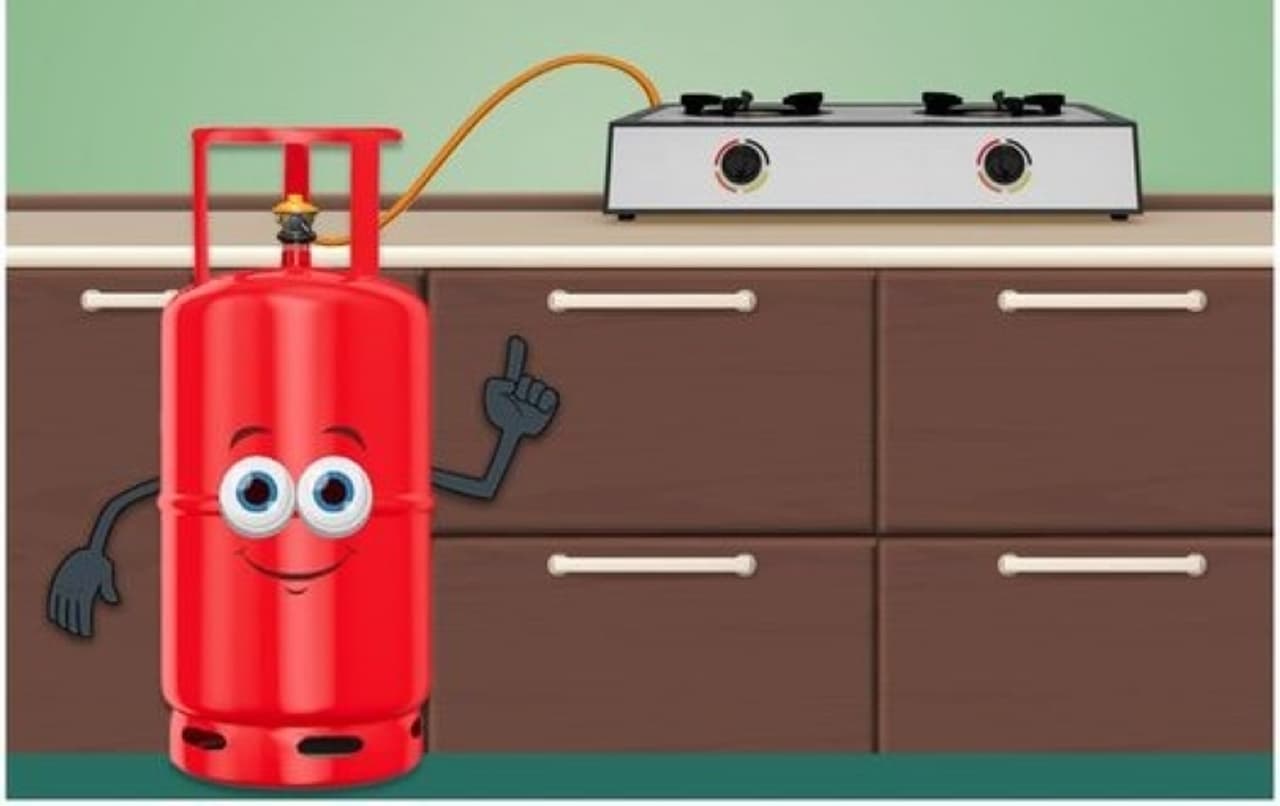LPG Gas Leak Detection: Key safety tips everyone should know
While LPG gas cylinders are generally safe, gas leaks can occur due to negligence. It is crucial to immediately identify a leak and act safely.

LPG Gas Leak Detection and Safety
Although LPG gas cylinders are generally safe, efficient, and convenient, gas leaks do occur. If unnoticed, a gas leak can lead to a life-threatening explosion. Here's how to identify and manage a gas leak in your home.

How to detect a gas leak?
Flame Color:
A gas stove normally burns with a blue flame, indicating that the gas is burning with enough oxygen. If the flame turns orange or red, it could be a sign of a gas leak.
Soap Water Test:
Another effective way to detect a gas leak is by using soap water. Add a teaspoon of soap to a cup of water, apply it to the area where you suspect a leak. If bubbles form, it indicates a gas leak.
Steps to be taken
Stay Calm:
Don't panic. Calmly inform others in the house about the gas leak. Don't let fear take over you.
Turn Off Ignition Sources:
If any lights or electrical appliances are on, turn them off. Remove any incense sticks, matches, or other flammable objects from the vicinity.
Turn Off the Gas:
Turn off the gas stove and the LPG regulator. Once you've done this, put the safety cap on the cylinder to prevent further gas from escaping.
Ventilate the House:
Open all doors and windows to allow the gas to escape naturally. Then, step out of the house and turn off the main electricity supply.
First Aid for Gas Inhalation
Inhaling Gas:
If someone has inhaled a lot of gas, move them to an area with fresh air and help them sit in a comfortable position.
Skin Contact:
If the gas comes in contact with your skin or clothes, immediately remove the clothes and wash the affected area with plenty of water for at least 15-20 minutes.
Eye Irritation:
In case of eye contact, flush your eyes with water for about 15-20 minutes. If you wear contact lenses, remove them before washing your eyes.
What to do if the cylinder catches fire?
If the cylinder catches fire, cover it with a wet cloth or gunny bag. This will help cut off the gas supply and extinguish the fire.
Contact Emergency Services
After taking all necessary precautions, call the helpline number and inform them about the leak. Do not try to move the cylinder, as this could worsen the situation.
Prevention is Key
Regularly check your gas regulators and safety valves to prevent leaks from occurring in the first place. With proper care, gas leaks can be avoided.
Explore the latest Lifestyle News covering fashion, wellness, travel, Food and Recipes, and more. Stay updated with trending Health News, fitness tips, and expert insights to inspire your daily living. Discover personalized lifestyle trends that keep you stylish and informed. Download the Asianet News Official App for everything that adds value to your everyday life.